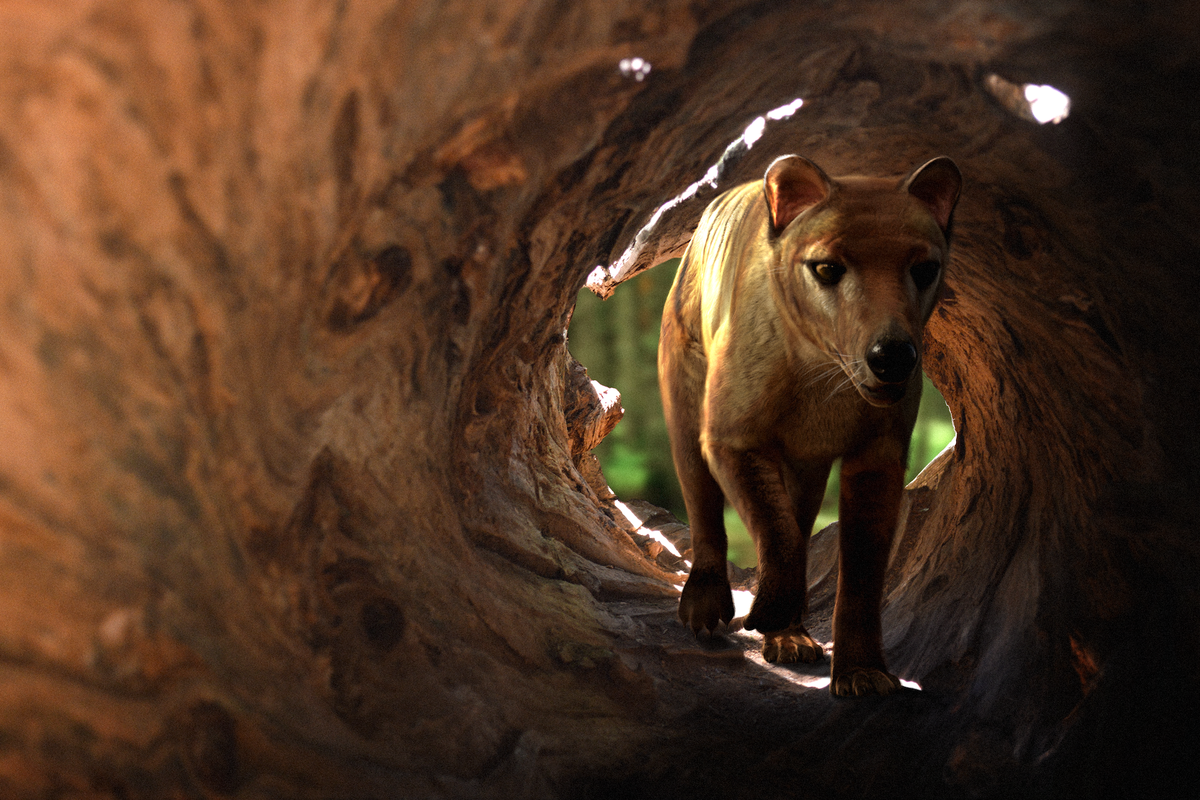"A prehistoric New Zealand bird thought to be extinct in 1898 (but found again in the middle of the 20th century) is doing its best to avoid going the way of the dodo — with lobbying from some tribal leaders who value the bird’s presence."
Click here for full article: Unusual ‘prehistoric’ creature thought for decades to be extinct miraculously surges back: ‘Incredibly significant’
This made my day. Now, what will make my whole year, is definitive proof that Australia's Tasmanian tiger (a.k.a. thylacine) has not gone extinct. There have been some contested/unconfirmed sightings, but so far I don't think that there is yet definitive proof that the thylacine has survived into the present day.
If I get just two wishes for this year then, right after wishing for world peace, I am wishing for some proof of the thylacine's survival. (I suspect that thylacine proof is perhaps a more easily attainable wish than my first choice.)
Tagging @lewisnotmiller, just in case you've spotted a thylacine out in your part of the world.
Click here for full article: Unusual ‘prehistoric’ creature thought for decades to be extinct miraculously surges back: ‘Incredibly significant’
This made my day. Now, what will make my whole year, is definitive proof that Australia's Tasmanian tiger (a.k.a. thylacine) has not gone extinct. There have been some contested/unconfirmed sightings, but so far I don't think that there is yet definitive proof that the thylacine has survived into the present day.
If I get just two wishes for this year then, right after wishing for world peace, I am wishing for some proof of the thylacine's survival. (I suspect that thylacine proof is perhaps a more easily attainable wish than my first choice.)
Tagging @lewisnotmiller, just in case you've spotted a thylacine out in your part of the world.

